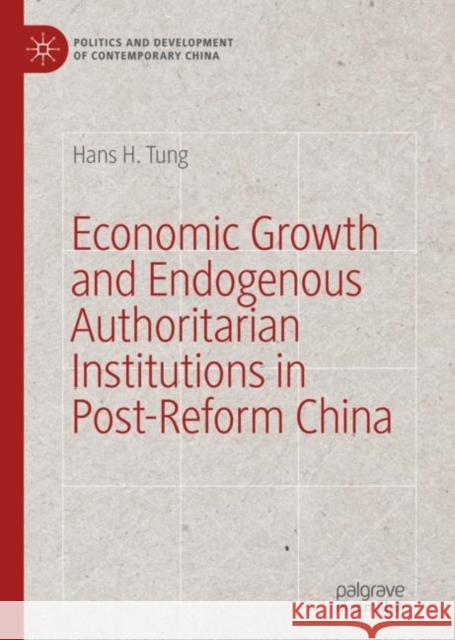Economic Growth and Endogenous Authoritarian Institutions in Post-Reform China » książka
topmenu
Economic Growth and Endogenous Authoritarian Institutions in Post-Reform China
ISBN-13: 9783030048273 / Angielski / Twarda / 2019 / 279 str.
Kategorie BISAC:
Wydawca:
Palgrave MacMillan
Seria wydawnicza:
Język:
Angielski
ISBN-13:
9783030048273
Rok wydania:
2019
Wydanie:
2019
Ilość stron:
279
Waga:
0.63 kg
Wymiary:
21.0 x 14.8
Oprawa:
Twarda
Wolumenów:
01
Dodatkowe informacje:
Wydanie ilustrowane











